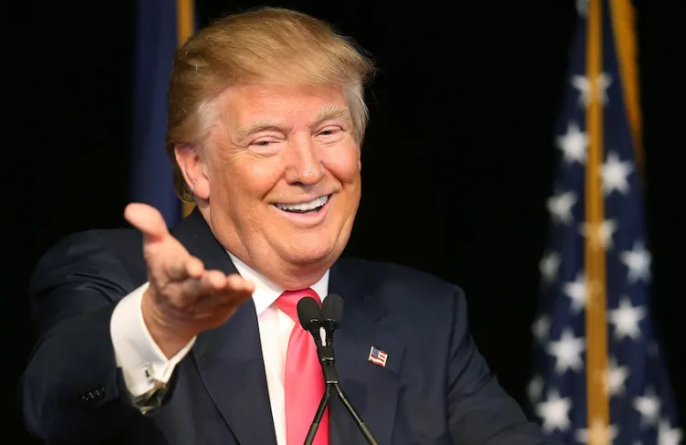The Supreme Court has struck down Colorado’s attempt to disqualify Donald Trump from running for president.
In a unanimous ruling, the Court made it clear that the power to determine eligibility for federal office lies solely with Congress, not individual states. This ruling not only affects Colorado but also overrides similar challenges brought forth in other states, notably Maine and Illinois.
Colorado’s move to bar Trump from its Republican primary stemmed from the argument that his alleged role in inciting the Capitol riot of 2021 made him unfit for office. However, the Court’s decision now paves the way for Trump’s participation in the upcoming Colorado primary, scheduled for Tuesday, and potentially in the broader presidential race in November.
Unsurprisingly, Trump hailed the ruling as a “big win for America,” emphasizing its role in fostering unity. From his estate in Mar-a-Lago, Florida, he expressed satisfaction with the decision, highlighting its potential to bring the nation together.
On the flip side, Colorado’s Secretary of State, Jena Griswold, expressed disappointment, asserting that the state should have the authority to bar individuals deemed insurrectionists from the ballot. Similarly, the watchdog group Citizens for Responsibility and Ethics in Washington (Crew) lamented the Court’s decision, although they acknowledged it as a victory for democracy in preventing Trump from being elected under the shadow of insurrection.
The legal battle has broader implications beyond Trump’s candidacy. The Court’s ruling asserts that states lack the constitutional authority to enforce Section 3 of the 14th Amendment concerning federal offices like the presidency. This section prohibits individuals who have engaged in insurrection against the US from holding office again. By affirming that only Congress can enforce this provision, the Court sets a precedent that could affect future interpretations of the Constitution.
While the decision was unanimous, there were differing perspectives among the justices. Justice Amy Coney Barrett emphasized the importance of the Court’s unity in resolving such politically charged issues, urging for a cooling of the national temperature. Conversely, the Court’s liberal justices argued that the ruling overly restricts avenues for enforcing the prohibition against insurrectionists from holding office, effectively leaving the matter in Congress’s hands amidst partisan deadlock.
Legal scholars have weighed in on the decision, highlighting its potential consequences. Atiba Ellis of Case Western Reserve University points out the ruling’s impact on the 2024 election, as it leaves unresolved questions about Trump’s eligibility under Section 3 of the 14th Amendment. Meanwhile, Ray Brescia from Albany Law School underscores the importance of avoiding a patchwork of state regulations regarding candidate eligibility, which could lead to further legal and political complications.
The ruling comes at a crucial juncture, just ahead of Super Tuesday, where Republican voters in Colorado and 14 other states will cast their ballots. Trump is expected to dominate the primaries, solidifying his position as the front-runner for the Republican nomination.
In essence, the Supreme Court’s decision not only clears the path for Trump’s participation in the Colorado primary but also sets a precedent regarding the authority of states versus Congress in determining the eligibility of federal officeholders. The ramifications of this ruling extend far beyond the current election cycle, shaping the landscape of American politics and constitutional interpretation for years to come.

